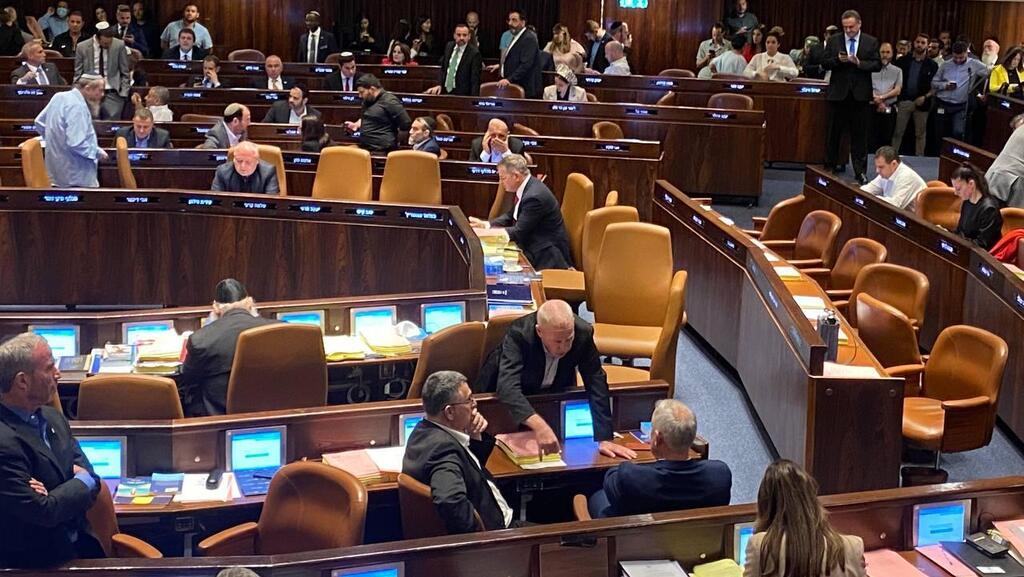Getting your Trinity Audio player ready...
The Tel Aviv stock exchange saw a 1% drop in leading indexes after Opposition Leader Yair Lapid said all attempts to reach a compromise ahead of the vote on a bill to curb the power of the Supreme Court, the fall continued . The shekel also weakened and is being traded at 3.64 shekels to the dollar.
Read more:
Last week, the Israeli exchange rate was up by at least 4% in leading indices although, since the government's intention to legislate a judicial overhaul last January, stock values failed to rise beyond 6% while Wall Street saw a 19% hike.
After Israel's top 150 businesses including its major banks, announced a strike for Monday in opposition of the coalition's legislative push, malls and some stores remained shuttered raising the ire of others claiming their own businesses would be harmed. A supporter of Prime Minister Benjamin Netanyahu, and the owner of a supermarket chain among other businesses, Rami Levi, told Ynet that it was outrageous that parking garages in malls where he has stores remained locked.
"The Israeli political reality is a burden on local market, therefore any optimism can be a magic cure to stock value and could bolster the shekel," Yaniv Pagut, vice president of the Trading, Derivatives and Indices Department at the Stock Exchange, said.
Ofir Angel, chairman of Auren Israel, a tax consultancy, told Ynet on Sunday, that the stock market reflects the uncertainty and, although some investors may have speculated correctly and profited, Israelis in general have suffered losses after their pensions were invested in the market.



